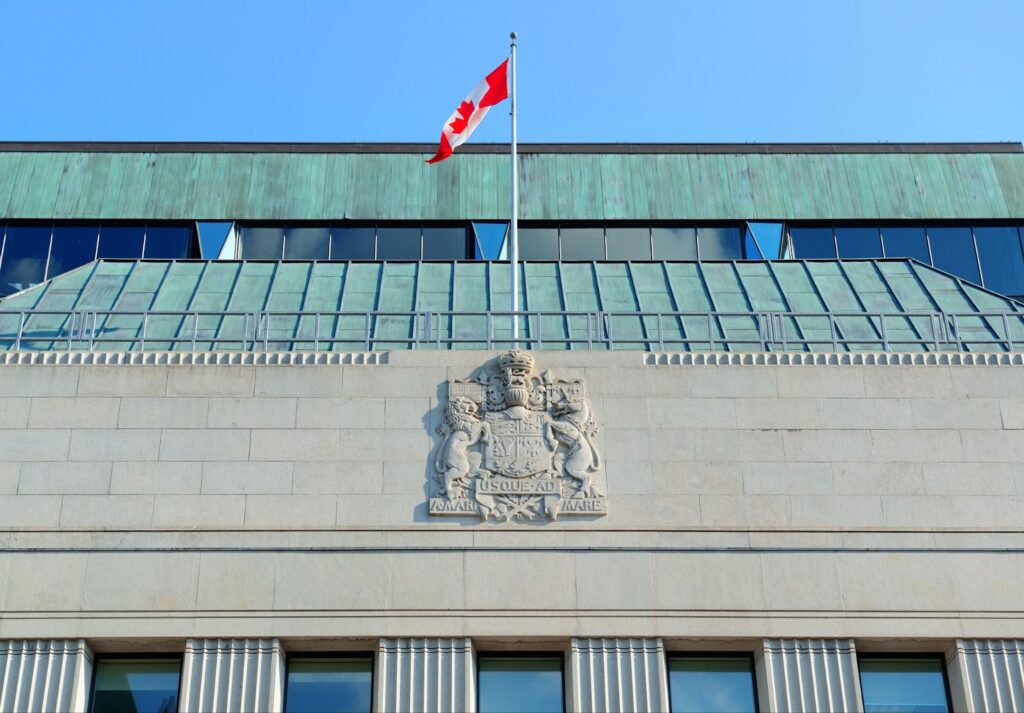Last Updated on October 24, 2023 by Corben Grant
For about two years, the interest rates in Canada have been at all-time low levels as the Bank of Canada attempted to help the economy weather the effects of the COVID-19 pandemic. Though low rates were enjoyed by many, it has been widely understood that they would not be here to stay. Now, amid the highest inflation rates in three decades, the Bank of Canada has finally increased its key interest rate to 0.5% with more hikes expected to come this year.
Previously, the key rate had been held at just 0.25% since the pandemic first broke out in early 2020. This current hike now marks the first increase in interest rates since 2018. Forecasts have predicted that interest rates will continue to increase by a few percentage points through to the end of this year.
Much of the news around rate hikes is focused on the topic of slowing inflation. In the last month, the inflation rate rose to 5.1%, reaching heights not seen in Canada since 1991. As more Canadians see prices going up and their dollar not going as far as it used to, pressure has been on the Bank of Canada to help curb the issue. The bank has themselves acknowledged that inflation is increasing at a rate faster than they had anticipated.
Though the gradual increase in interest rates is hoped to help slow inflation, the results may take some time to see. Inflation will likely increase even further (in the near future) before things start to lower again.
Beyond inflation, interest rate increases can have a large effect on the housing market. The Bank of Canada interest rate is a major influence on how banks set their prime rates, which in turn, impact the cost of borrowing and will lead to a growth in variable mortgage interest rates.
Many have already chosen to lock in their variable-rate mortgages with hopes to avoid rising payments as rates go up.
There are also hopes that rising interest rates can help cool off the incredibly hot real estate markets seen across the country. With rates so low, many were able to afford to borrow much more which had some influence on the rising prices seen in the last two years. With increased interest rates, people will be able to borrow less and some will not be able to afford mortgages at all. The combined effect is fewer buyers in the market with less money to spend.
However, if you are looking to buy this year, don’t get your hopes up for significantly decreased home prices. As mentioned before, the effects of gradual rate increases will take a while to be truly felt and there are many other factors driving the real estate market beyond just low-interest rates – particularly lack of available inventory.
The news of increased rates comes at a time of uncertainty in global markets. Many have begun to emerge from pandemic conditions and are looking toward future growth while war in Europe threatens to destabilize some markets even further. In the U.S. where inflation is similarly at troubling highs, the central bank is signalling a similar increase in interest rates for this month.
Corben joined CREW as a relative newcomer to the field of real estate and has since immersed himself and learned from the experts about everything there is to know on the topic. As a writer with CREW, Corben produces informative guides that answer the questions you need to know and reports on real estate and investment news developments across Canada. Corben lives in Guelph, Ontario with his partner and their two cats. Outside of work, he loves to cook, play music, and work on all kinds of creative projects. You can contact Corben at corben@crewmedia.ca or find him on Linkedin at https://www.linkedin.com/in/corbengrant/.









